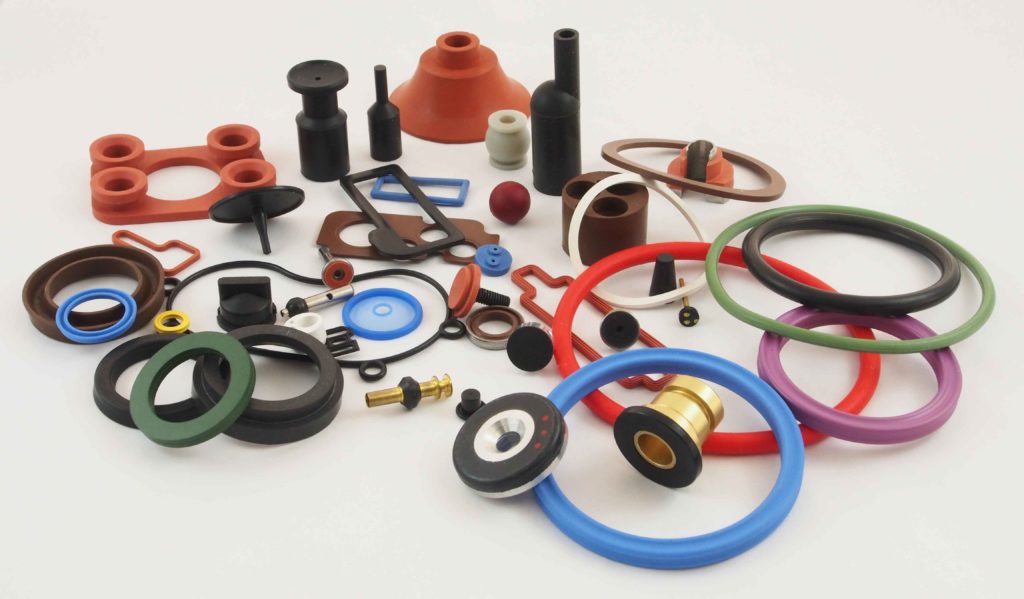 We offer a wide variety of sanitary gaskets and o-rings. Hygienic seals are used widely in the Biotech, Pharmaceutical, Dairy, Food & Beverage, Industrial and Semi Conductor industries to sealing purpose . We offer the entire product range of specialty gaskets in several elastomers, and fluoroelastomers.Our rubber compounds excels in the manufacture of customer specified custom products as well.
We offer a wide variety of sanitary gaskets and o-rings. Hygienic seals are used widely in the Biotech, Pharmaceutical, Dairy, Food & Beverage, Industrial and Semi Conductor industries to sealing purpose . We offer the entire product range of specialty gaskets in several elastomers, and fluoroelastomers.Our rubber compounds excels in the manufacture of customer specified custom products as well.
When it comes to custom molded parts, you’ll find our personal attention to your specific needs is our first priority. What’s more, we have custom molding capabilities with the experienced professionals at the tooling and design phases of the process. The production of your custom parts begins with the design phase. Our custom molded products are developed using concurrent engineering techniques to assure a time-line from concept to production that has the consensus of both your team and our development staff. This complex task is the result of total coordination of vendor’s schedules with the allocation of our in-house resources to minimize the time required for tooling to be built and samples manufactured.
In short, you can count on us to work with you to design and manufacture products that optimize cost and functionality of your custom needs. .
All compounds meet the criteria of the FDA, USP Class VI certifications.
We offer the following six (6) standard rubber materials in a range of durometer (Shore A) hardnesses to satisfy practically any service condition
Fluorosilicone / FVMQ:
Fluorosilicone (-75º to +400ºF) combines the good high and low temperature stability of silicones with the fuel, oil, and solvent resistance of fluorocarbons.
Silicone / VMQ:
In the Silicone family, you will find compounds which are superior as static seals in extreme temperature conditions. Standard compounds handle operating temperatures -85º to +400ºF. Silicone compounds are popular in food and medical applications because they are very clean and do not impart odor or taste.
Viton / FKM:
Fluorocarbon (Viton) exhibits exceptional resistance to chemicals, oils, temperature extremes (-13°F to +446°F), low compression set, low gas permeability and excellent aging characteristics.
Nitrile / NBR:
Nitrile (Buna-N) is the most widely used elastomer due to its excellent resistance to petroleum products, operating temperature range (-40°F to +257°F) and one of the best performance-to-cost values.
Ethylene-Propylene / EPDM:
EPDM has outstanding resistance to heat, water and steam, alkali, mild acidic and oxygenated solvents, ozone, and sunlight (-40ºF to +275ºF); but it is not recommended for gasoline, petroleum oil and grease, and hydrocarbon environments.
Neoprene / CR:
Neoprene (-40º to +250ºF) is reasonably priced and features good resistance to petroleum oils, ozone, sunlight and oxygen aging, relatively low compression set, good resilience and outstanding physical toughness
